From Concord to Cairo: Freedom
We do not know what will happen next in Egypt and the larger Middle East, but then our liberators did not know what would happen in 1775.BOSTON — As I remember my American history, our revolution began on April 19, 1775, when 700 British regulars, the Redcoats, left here to march west to the small villages of Lexington and Concord to destroy weapons caches they knew were hidden there by American rebels. The British column encountered 80 or so members of the local militia on Lexington Green and routed them, killing eight locals.
The Redcoats reached Concord and found some buried cannon and balls, but most of the rebel weaponry had been hidden again farther away. They marched through the village to the Old North Bridge where they saw perhaps 400 militiamen on a small ridge overlooking the Concord River. The Americans up there began marching down to face the greatest army in the world. I have stood there more than once trying to imagine what those American farmers and merchants, some without guns, were thinking.Someone fired, probably one of the British ignoring an order to hold fire, and the revolution was on. A battle cry and a poet’s words came out of that battle, which continued all the way back to Boston as Americans hiding behind walls and trees cut the Redcoats to ribbons from behind. “Terrorists” the British called them.The cry was an order from militia captain John Parker at Lexington: “Stand your ground; don’t fire unless fired upon, but if they mean to have a war, let it begin here.” And, 62 years later, Ralph Waldo Emerson called the Concord firing, “the shot heard round the world.”In Egypt last week, Egyptians made their own revolution against a dictatorship. I do not know all they were thinking, and I do not know what words will come to symbolize the heroism, but I was certainly impressed by the words of Wael Ghonim, the 30-year-old Google executive, who played the same role as Paul Revere and other riders who pounded along the Boston-Lexington-Concord road shouting, “The Redcoats are coming!”Ghonim, of course, didn’t have to shout. He had Twitter and Facebook to warn and organize his people. His quote was not poetic but astonishingly modern:“I worked in marketing, and I knew if you built a brand you can get people to trust the brand.”Ghonim filled the site he created not only with reports and video clips of police brutality, but with slogans and quotes to build the brand, most notably using the name of a young Egyptian who was beaten to death by police: “We Are All Khaled Said.”© 2011 UNIVERSAL UCLICK
Your support matters…Independent journalism is under threat and overshadowed by heavily funded mainstream media.
You can help level the playing field. Become a member.
Your tax-deductible contribution keeps us digging beneath the headlines to give you thought-provoking, investigative reporting and analysis that unearths what's really happening- without compromise.
Give today to support our courageous, independent journalists.
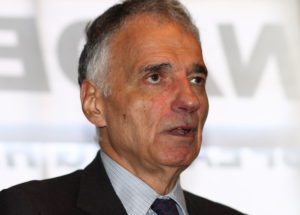
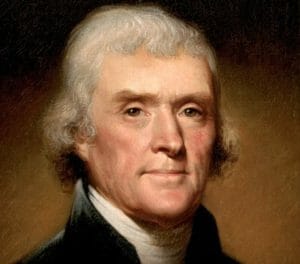
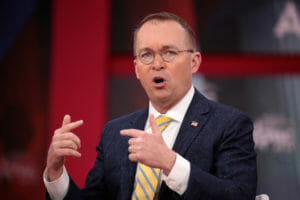
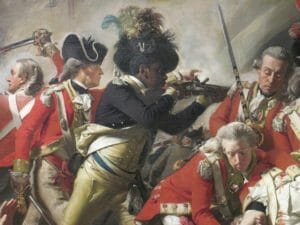
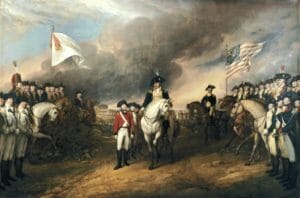
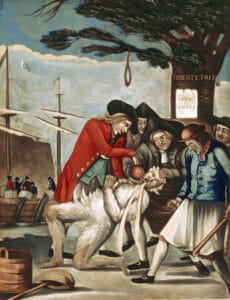
You need to be a supporter to comment.
There are currently no responses to this article.
Be the first to respond.